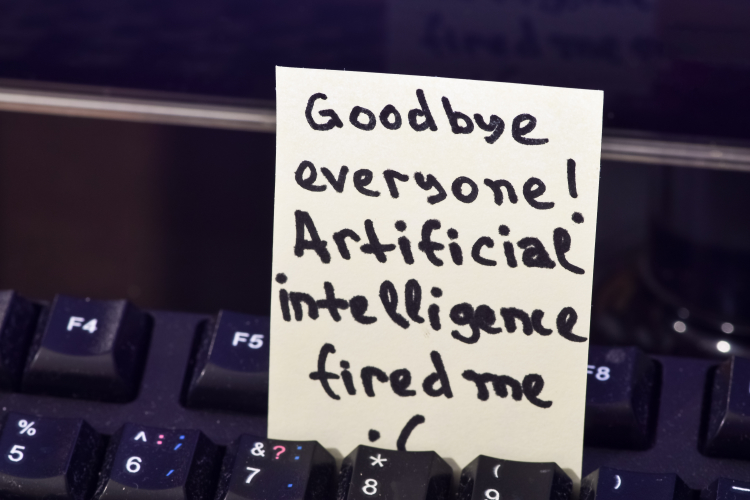
AI Will Absolutely Disrupt the Workforce—But Not in the Way You Think
AI Will Absolutely Disrupt the Workforce—But Not in the Way You Think
You, the employee, shouldn’t lose sleep over it. You, the business leader, should be concerned.

There is little doubt that the growing prevalence of artificial intelligence (AI) and automation will usher in huge opportunities for businesses. The benefits are clear: when machines can take over tasks formerly performed by humans, the results are more and better output at a reduced unit cost. But what about the cost to society?
One of the most often-cited concerns is that AI will surely result in the loss of millions of jobs. Recent research by the Brookings Institute’s Metropolitan Policy Program found that 25 percent of employment (that’s over 30 million jobs) in the U.S. face high exposure to being displaced by technology that already exists today, with the highest risk among low-paying, low-education roles.[1]PwC studied the job markets in 29 countries and predicted that automation and AI will cause just 1% of jobs to outright disappear.[2]
These figures aren’t as shocking as you might expect, but they belie a critical challenge that is on the horizon. Automation and AI will be disruptive to the labor market, to be certain, but not because millions of people will suddenly be out of work. Rather, we believe it is the companies, not the employees, who should be feeling nervous right now and making plans for a very different future.
Six in 10 global executives surveyed by McKinsey in late 2017 said they expect that up to half of their organization’s workforce will need retraining or replacing within the next five years.[3]A report by PwC found that 70% of global CEOs surveyed expressed concern about their senior leadership team’s digital skills and awareness, and 76% were concerned about these skills among their entire workforce.[4]
Companies need more people who can work with AI—whether that means hiring new employees or “upskilling” and retraining those already in an organization once they’ve been identified. In fact, re-skilling was already one of the top topics at last year’s World Economic Forum, leading to the launch of a new tech re-skilling drive aiming to reach one million workers over the next few years.[5]
The Brookings Institute suggests there are five specific ways a company should promote a constant learning mindset in order to make it possible for employees to develop the skills they’ll need to stay ahead in the era of automation:
Invest in re-skilling existing employees
Expand accelerated learning and certifications
Make skill development more financially accessible
Align and expand traditional education
Foster uniquely human qualities[6]
In summary, we agree with Brookings assertion that “automation will bring neither apocalypse nor utopia, but instead both benefits and stresses alike.” Start thinking now about how your organization can clear the hurdles to start reaping the benefits of AI and automation more quickly. Ready to jump on board? Let’s start a conversation.